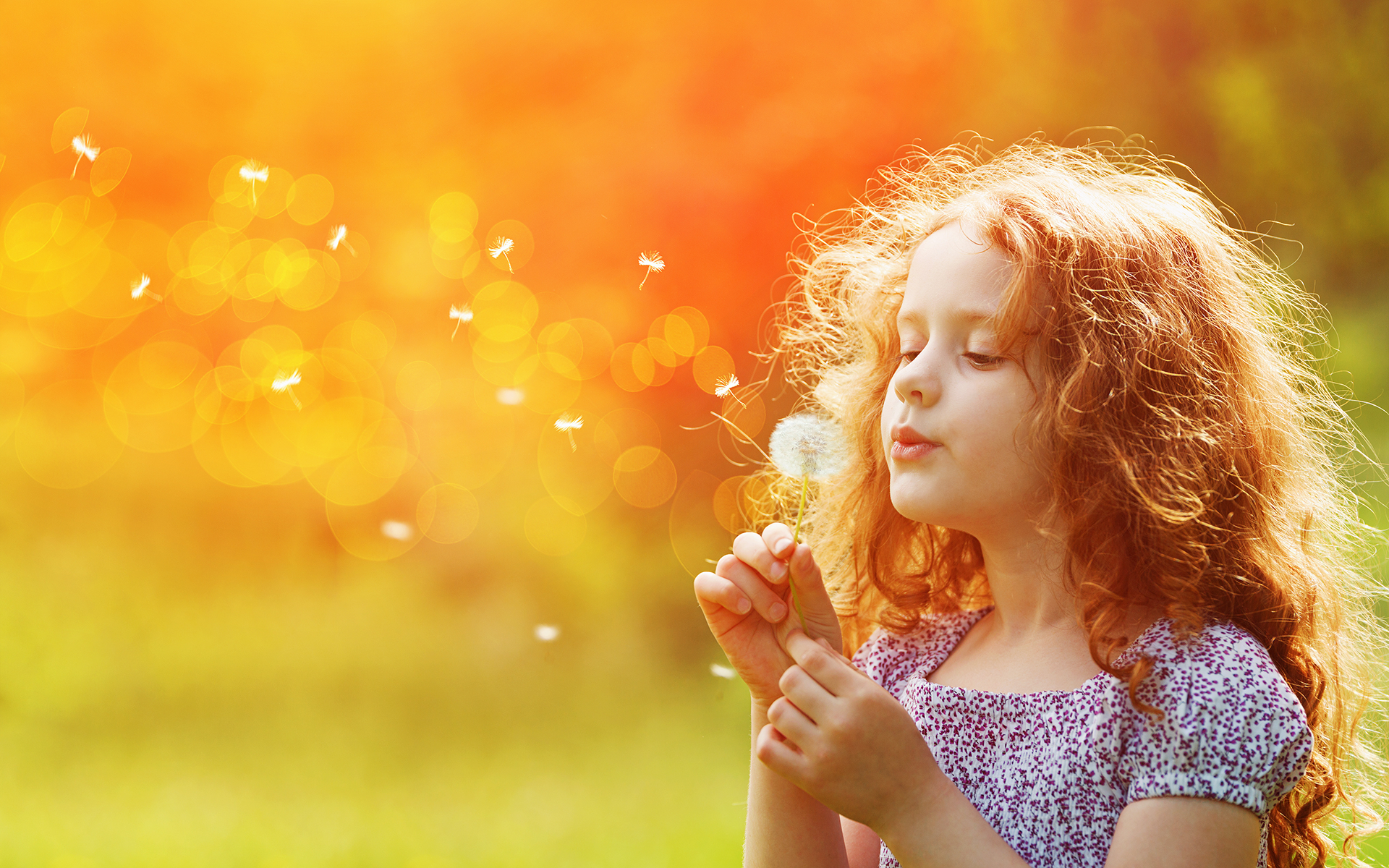Calm Kids
Taking just a few slow, deep breaths can help calm young children, according to researchers at Stanford University. They randomly assigned 342 young children to either a breath training or a control group. The breath training group watched a one-minute animated video teaching them how to slowly inhale by pretending to smell a flower, and exhale by pretending to blow out a candle. The control group watched a video with similar animated images but no breathing exercise. Children’s physiological stress was measured using two biomarkers: heart rate and respiratory sinus arrhythmia (RSA). RSA is the changing pace of the heartbeat when a person inhales and exhales. Higher levels of RSA are linked to increased stress resilience. The study found that even one minute of deep breathing can help young children calm down. Children in the breathing group showed marked decreases in heart rate and increases in RSA while watching the video, with the greatest effects occurring during the second half of the video when most of the deep breathing occurred. Children in the control group showed little change in either measure of stress. (This video is available on Stanford’s website.)
Stress Rx
To see if mindfulness might buffer against work stress faced by emergency care professionals, researchers in New York and Switzerland asked 190 emergency room medical personnel to complete surveys regarding their dispositional mindfulness, anxiety, depression, social support, and life events. Questionnaires were completed just after they began working in an emergency room, then again three and six months later. Higher levels of mindfulness at baseline were linked to less anxiety, depression, and social impairment over time even after accounting for work stress, negative life events, and low perceived support from colleagues. Those reporting more mindfulness were also less likely to feel depressed over time even in the absence of workplace social support. This suggests that mindfulness may help emergency room workers to better cope with work stress.
Those reporting more mindfulness were less likely to feel depressed over time even in the absence of workplace social support.
May I Help?
A randomized controlled trial from California State University San Marcos tested whether mindfulness training caused participants to act helpfully toward people of other racial groups. Researchers assigned 78 white women to either a meditation group, or a control group with sham meditation instruction. Prior to training, everyone completed surveys assessing mindfulness, empathy, agreeableness, anti-Black prejudice, and attitudes on social equality. Both groups then received 20 minutes of instruction in small groups for three consecutive days. To assess helping behavior before and after, experimenters led each participant into an empty room with one chair where they were presented with two scenarios. In the first, a person entered the room and dropped a stack of papers. In the second, a person on crutches entered and stood against the wall. Both identified as Black or African American. These scenarios lasted roughly one minute.
Those higher in mindfulness at the beginning of the study were more likely to engage in helping behavior—such as helping pick up the papers, or standing to give the person on crutches their chair—regardless of group. People in the mindfulness training group were more helpful than the control group. Lastly, participants in the mindfulness group who were lower in mindfulness at the beginning of the study were more likely to help others following training. More studies are needed to see if these findings hold up with men and with those of other racial groups.
read more
Research Shows How We Can Reduce Bias in Ourselves and Our Organizations
Bias affects all of us, but according to a new book on the psychology of bias, we can take action to recognize and reduce its impacts—both on our own mind and in our work.
Read More
The Science of Gratitude
Research shows gratitude isn’t just a pleasant feeling—being grateful can also support greater health, happiness, and wisdom in ourselves and our communities.
Read More
Why Survivors of Gun Violence Are Turning to Mindfulness
The winding path of grief can be complicated by trauma. For survivors of gun violence, mindfulness can help people navigate their pain and support post-traumatic growth, one breath at a time.
Read More









